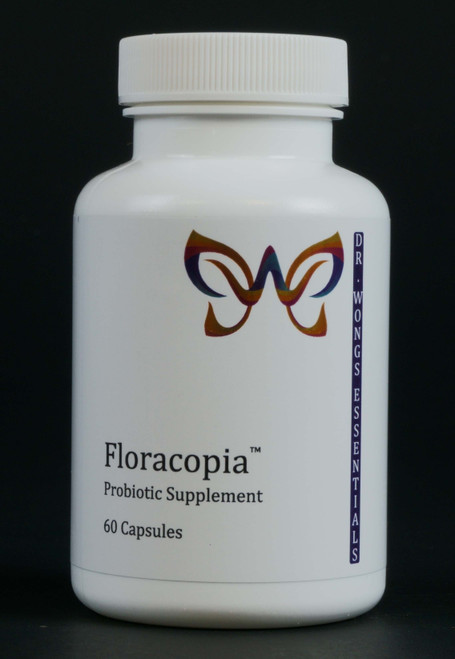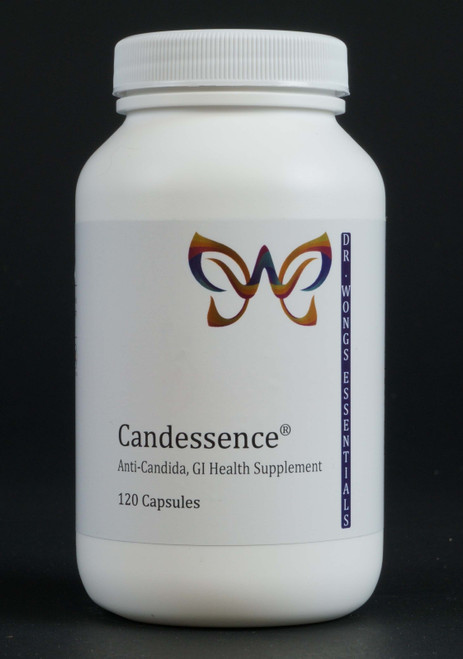Background: The possibility of using microbes to maintain health, and to prevent or treat disease is a topic as old as microbiology. The research of novel probiotic strains is important in order to satisfy the increasing request of the market and to obtain functional products in which the probiotic cultures are more active and with better probiotic characteristics than those already present on the market.
Aim of the study: In this study, the probiotic potential of Lactobacillus strains isolated from Italian elderly human faeces was investigated.
Methods: The Lactobacillus strains were identified and examined for resistance to gastric acidity and bile toxicity, adhesion to HT-29 cells, antimicrobial activities, antibiotic susceptibility and plasmid profile. Survival of the strains through human intestine was examined in a 3 months human feeding trial.
Results: Two strains, Lactobacillus rhamnosus IMC 501 and Lactobacillus paracasei IMC 502, tolerated well low pH and bile acids. In antimicrobial activity assays, both strains showed inhibitory properties towards selected potential harmful microorganisms, particularly against Candida albicans. The two selected strains expressed high in vitro adherence to HT-29 cells increasing this characteristic when they are used in combination and they were resistant to vamcomycin, colistin sulphate, gentamicin, oxolinic acid and kanamycin. Moreover, the two strains could be recovered from stools of volunteers after the feeding trials.
Conclusions: Lactobacillus rhamnosus IMC 501 and L. paracasei IMC 502 present favourable strain-specific properties for their utilisation as probiotics in functional foods and the high adhesion ability of the L. rhamnosus IMC 501 and L. paracasei IMC 502 used in combination, confirmed by both in vitro and in vivo study, indicate that the two bacterial strains could be used as health-promoting bacteria.





